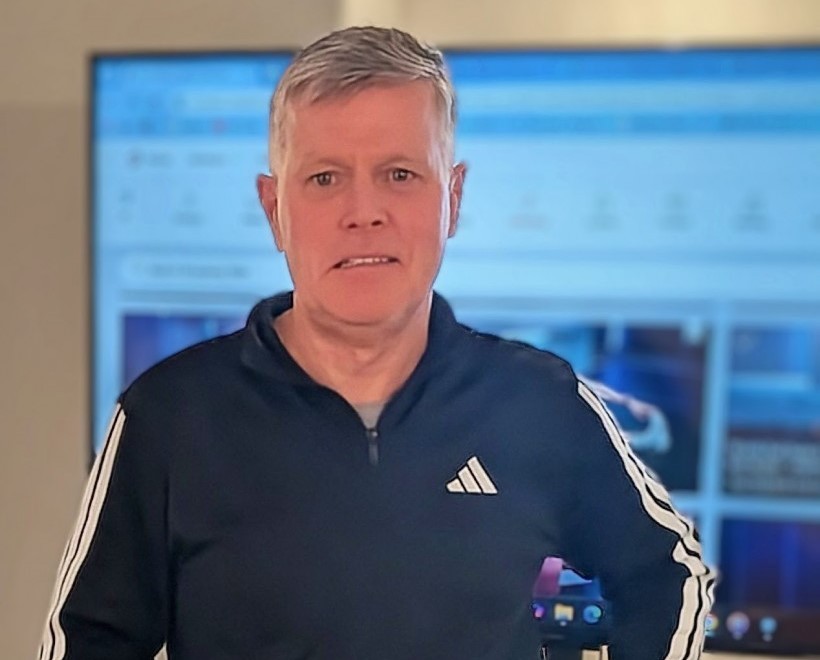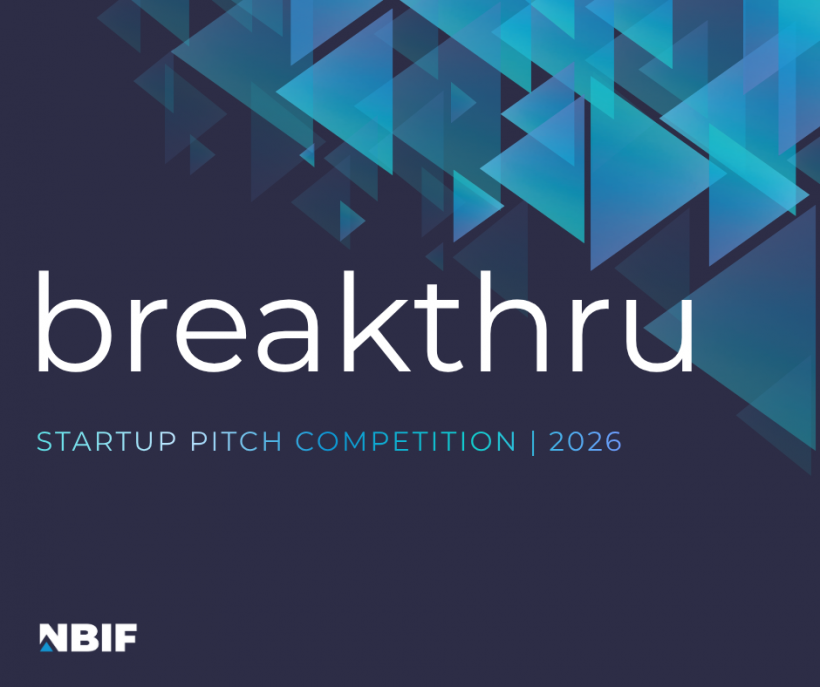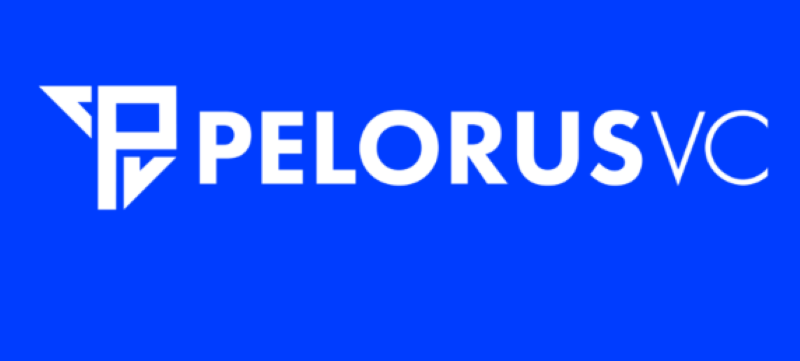With thousands of carers now using its software in Ontario, Alaunus is working on a plan to extend its reach into other Canadian provinces and the U.S.
The Waterloo-based company’s HealthPlanr software helps home-care agencies organize their rostering, invoicing and patient care. The company works out of the Accelerator Centre in Waterloo and was recently one of the four companies accepted into the third Rev cohort at Communitech.
“We help out these companies by allowing them to be able to automate their process,” said Founder and CEO Andrew Ringer in an interview. “Alaunus is an all-in-one platform to bring all of this together. …
The problem with your standard software is it is fine with scheduling but this product has to do scheduling as well as invoicing and rostering and other things.”
Communitech Unveils Third Rev Cohort
When Ringer was studying at Wilfrid Laurier University several years ago, he had a friend working for the Victoria Order of Nurses. He noticed that she would come home each night with a stack of papers – charts, patient records, invoices – that had to be filled in, filed and sent to headquarters.
He thought there had to be a better way for these agencies to administer their patient relationships. He interviewed dozens of homecare agencies and found there was a gap in the market. There were expensive software products that only the largest agencies could afford, but there was no one catering to the small and medium-sized agencies.
Thus Alaunus was born.
Its HealthPlanr software is a single platform on which home-care organizations and their fieldworkers can carry out all their administrative tasks and work on health records. The demands of this industry are unique because many of the workers are on contract, they travel to people’s homes, and many are specialists. The software must be compliant with several regulators in different jurisdictions. The records must be confidential. And the payment sources vary greatly, from government to insurers to private individuals.
Healthplanr allows agencies to scan their rosters and find the best carers for each individual patient, arrange the billing and later to send out invoices. At the point of care, the carer can record the time spent with the patient, and access and record the relevant health information.
Ringer said the number of carers using the platform is now “in the low thousands”. The company targets agencies with a back-office staff of two to 10 people. It’s found a broad client base in Ontario – or as Ringer says, “from North Bay to Niagara Falls and everywhere in between.”
Now as it goes through the Rev program, it wants to develop sales processes to help sell beyond Ontario. Within Canada and the U.S., there are about 50,000 organizations that fit its criteria, and they employ about 2 million people.
Alaunus raised $250,000 in 2014, and Ringer said the company, which has seven or eight full-time employees, is almost cash-flow positive. So he said the company is doing “passive fundraising” – it’s open to investment not actively courting investors.
“In the meantime,” he said, “we’re rocking along quite well.”










